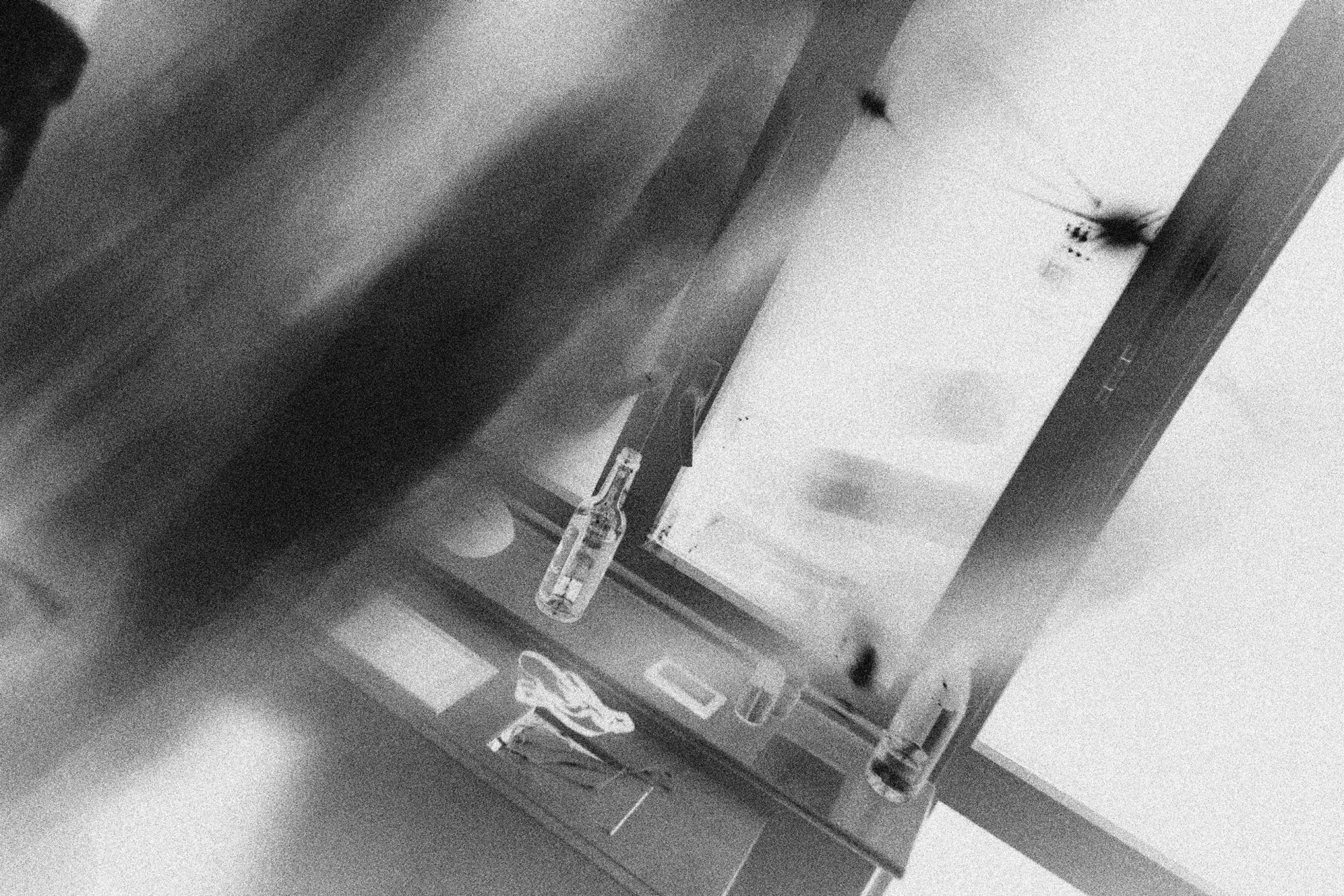I heard a click and an employee in the boutique locked the door and shut the blinds. I screamed for help again, but everyone’s ignorance was almost as loud as my screams. Ryan was still shaking. His eyes had rolled into the back of his head and vessels in them had burst, making his eyes a dark red color. I searched his pockets for his phone but realized it had fallen into his vomit. I grabbed it and the screen was dark. I clicked every button on it, one by one, frantically and hard, hard enough I thought I might break it, until it turned back on.
The ambulance arrived too late. By the time they reached us he was gone. His blood was smeared all over me. One paramedic assessed his lifeless body immediately, but the other hesitated, scared of what might happen to him. They placed him on a stretcher and into the back of the ambulance, but it was no use. All their methods of resuscitation failed. I rode in the back of the ambulance with them as they tried bringing him back. I remember crying so hard I couldn’t breathe. All the memories we had of sitting in silence at coffee shops together and meeting up where the cobblestone paths met, all the things we did together, everything that was once held by two people dangled in front of me, whisked up in the hands of one person. My hands served as a temporary solace as I used them to shield my face, but when I let go and the tears had stopped falling, I noticed the woman on the other side of the ambulance. She was looking down at Ryan, a smile on her face. One of the paramedics walked in front of her, and by the time my view was clear, she was gone.
His funeral was held on a cold Monday. His parents and older sister asked me to sit with them in the front. His mother’s skin was still a funky yellow color, like when a nasty bruise starts fading away and it goes from purple to a gross yellow-ish brown color, and his sister kept sneezing in between sniffles. I turned around to look at all the people who came. The news that morning reported many people being incredibly sick. They all had the same bloody noses and uncontrollable vomit, so not many people showed to the funeral; there were some people from school—teachers and students, and some of his coworkers sat in the back, but most of the rows were empty.
Ryan’s parents gave me a ride home after the services and gathering at their house. They didn’t say a word the whole ride over except for when we pulled up to my house. His mom thanked me for coming, her voice shallow and her eyes dark, but his dad just stared out the window. As soon as I closed the door, they drove off. I walked up to my door, but it was locked, which was strange. My parents never locked the screen door. I called for my parents but no one came. I looked at their cars parked in the driveway and the light that was on in the kitchen, and knocked on the kitchen window.
I heard sirens and saw an ambulance pulling out of my neighbor’s driveway four doors down. Another one zoomed down a nearby street. I knew it was the plague that had taken Ryan’s life. I knocked on the screen door again, loudly, and finally my mom came up to it. She didn’t say anything, she just looked at me. “I’ve been out here for like five minutes,” I said. “Didn’t you hear me knocking?” Again she just stared at me.
